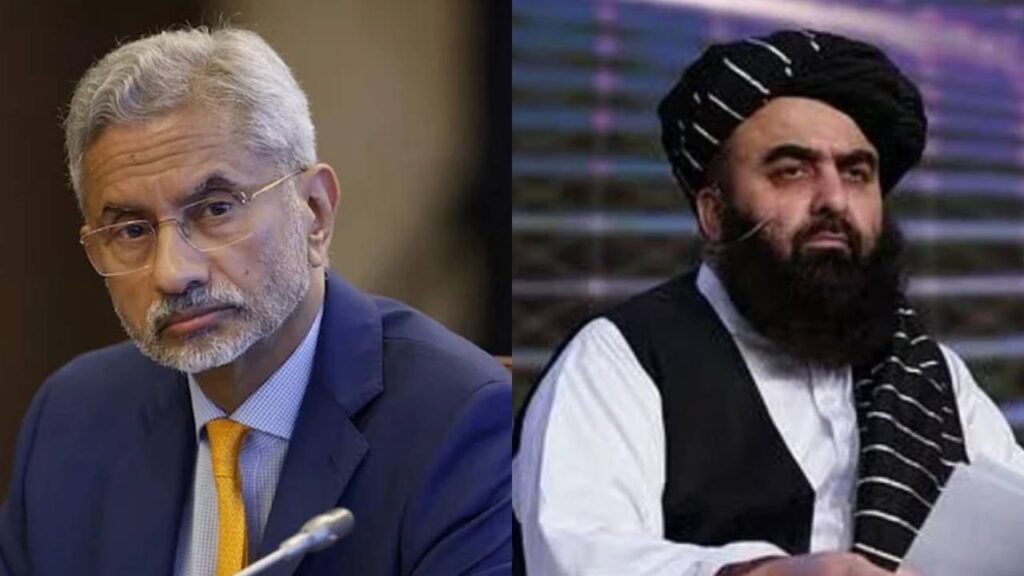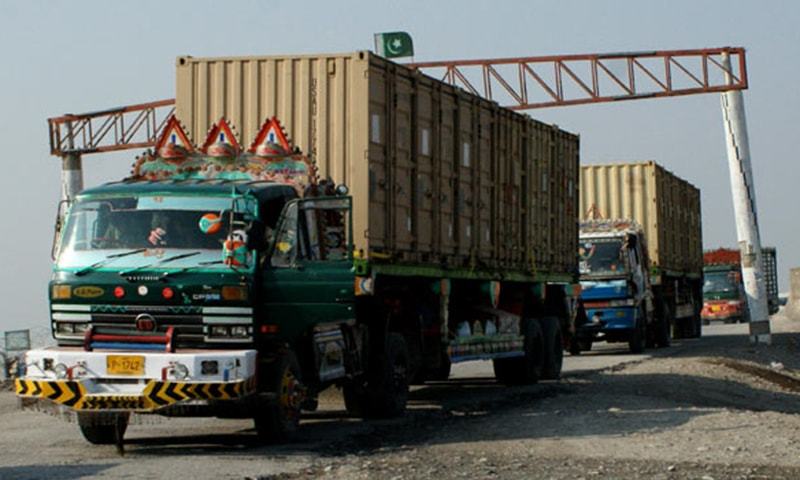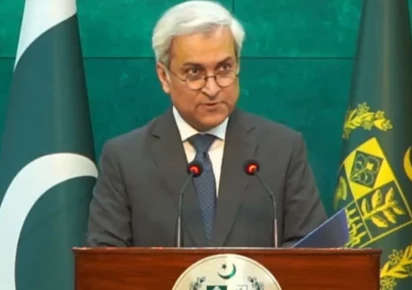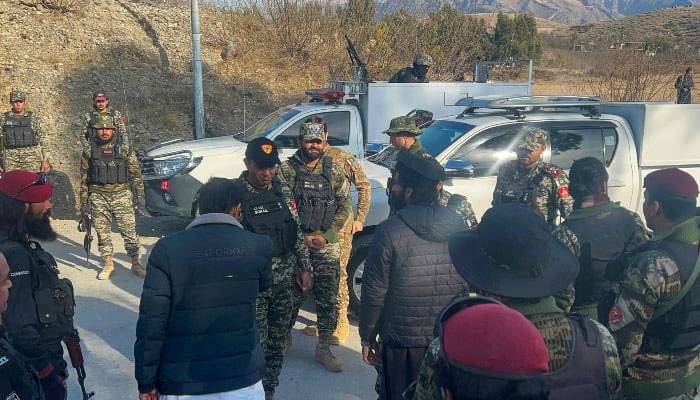The foreign ministers of India and Afghanistan recently held a phone conversation after a conflict broke out between Pakistan and India and a ceasefire is now in place.
India’s Foreign Minister S. Jaishankar wrote on X that he had a good conversation with Afghanistan’s Foreign Minister Amir Khan Muttaqi and appreciated his condemnation of the Pulwama incident. However, no such mention was made in the statement issued by Afghanistan’s Ministry of Foreign Affairs.
The statement from Afghanistan’s Foreign Ministry stated that discussions with Jaishankar focused on increasing trade, diplomatic relations, the release of prisoners, visa policies, and the Chabahar port. The Afghan Consulate in Mumbai’s did not mention anything regarding Pulwama or other discussions related to Pakistan.
In April this year, Anand Prakash, the Director General of the Afghanistan, Pakistan, and Iran desk at India’s Ministry of Foreign Affairs, visited Kabul and met with Afghanistan’s Foreign Minister Amir Khan Muttaqi. The statement issued by the Afghan Taliban regarding that meeting also emphasized that the discussions primarily revolved around trade.
Analysts suggest that India’s policy towards Afghanistan appears duplicitous. On one hand, atrocities and oppression against Muslims continue in India, while on the other hand, India seeks to maintain good relations with an Islamic state like Afghanistan.
Analyst and journalist Fakhar Kakakhel told Khabar Kada, “On one side, India’s central leadership, the Indian government, and the Indian public are globally notorious for their hostility towards Islam, and we see those (atrocities) within India as well. With hardline Hindus in power in India, how can they maintain relations with Afghanistan, where a hardline Islamic group (the Afghan Taliban) is in control?”
He further added that these relations could create problems for both Afghanistan and India because a significant threat in the form of ISIS exists in Afghanistan. Kakakhel noted that ISIS propaganda materials criticize the Taliban’s style of governance and their relations with India.
“ISIS is trying to attract Afghanistan’s youth by claiming that the Taliban’s government is only an Islamic government in name because the Taliban maintains relations with a country (India) where Muslims are oppressed and killed,” he said.
Other analysts have warned that the relationship between India and the Afghan Taliban could bolster ISIS’s narrative in Afghanistan, leading to further security challenges for the country.
Analysts also suggest that India and Afghanistan need to clarify their separate statements regarding the phone call, specifying what was discussed and which topics were covered.







